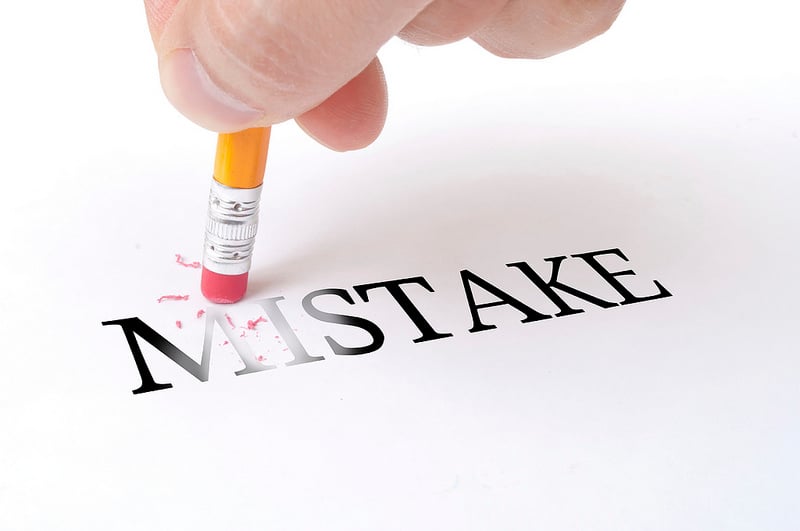6 SEO Mistakes To Avoid When Optimising Your Website
How UK Business Owners Can Get Better Rankings In Google

For the past few years Google has moved greatly in its efforts to stamp out spammy websites from their search results. The most recent big algorithm changes that Google announced was the Panda and Penguin updates that thankfully punished low quality and over-optimised websites.
Empower yourself with some basic SEO knowledge and avoid a few common mistakes made when optimising and marketing your website.
1. Duplicate content
Who wants to read the same content repeatedly? The answer highly likely is that nobody does and eventually the search engines too become fed up with visiting the same pages consisting of the same thing – eventually there is no more reason for them to want to come back to your website as you have met the spider or crawl quota.
Very simply, make sure your website content is original, relevant to the page and and useful for your visitors. Remember, content is king and it is always best to write for your human visitors and not for the search engines – a reasonable and realistic approach and one that Google encourages in its attempt to drive good user experience through to its customers.
2. Keyword stuffing
A typical and simplified example of keyword stuffing:
“Lemon cheesecake is heavenly! I’m going to publish my family recipe for lemon cheesecake as it’s the most delicious lemon cheesecake ever. The lemon cheesecake recipe is going to appear in a book about lemon cheesecakes.”
Remember Google’s priority is all about user experience, and the above example would make most visitors turn tail and bounce off the site as it is so repetitive and clear in its objective – this was not written for a human but with the intention to manipulate the search engine for a high rank. Can you imagine if all we found on the internet were websites, blogs and articles full of stuffed keywords – nobody would want to read them and consequently what would the purpose of Google be? Certainly not to help the visitor make any educated decisions about a subject, product or service.
3. Not properly optimising the meta tags on your website
An experienced and proficient SEO consultant or company will take a rounded approach to your SEO campaign. Not only relying on a single tactic but including a longer term strategy, giving you a greater chance of achieving long-term results for your website and business. SEO is constantly changing and what strategy works for one company, mightn’t work for another, so a good SEO company will take your individual needs as a business into consideration when creating your online marketing strategy.
4. Link farming
Generally you can add your link (URL) for free. The pages are full of stuffed keywords and there is no authority, rendering them useless. In many cases they lead back from gambling sites, adult sites and other insalubrious spammy sites. It is better to consider organic links with quality that carry authority and offer genuine user value.
5. 'Black hat' tactics
6. Unrealistic expectations
One of the biggest issues we face with search engine optimisation is that results are never immediate and you have to patiently wait a few months before you see any effect of your hard and organic efforts. If your expectations are realistic and you understand the consequences of poor SEO practices and the good results that can be achieved through proper SEO tactics, then you will realise that results are not achieved overnight.
Today it is even more significant to find and apply cost-effective marketing strategies to your business to survive and rise above your competitors. For this reason, SEO shouldn’t be overlooked, and when done correctly and sensibly, is a cost effective and efficient tool in your marketing strategy that will produce good growth results in your business with minimal risk.
Article by Natalie Eastaugh
photo credit: TerranceDC via photopin cc


